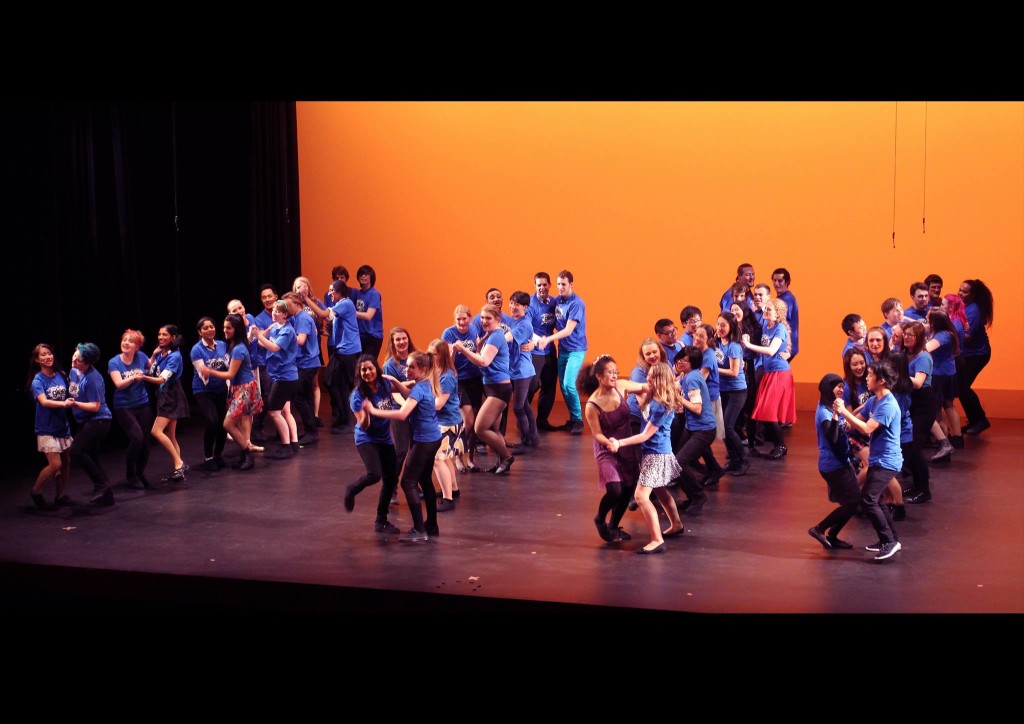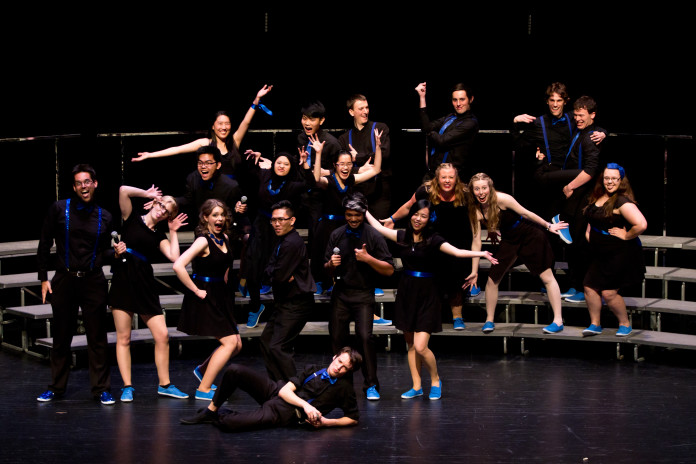International Day for the Elimination of Racial Discrimination is celebrated in March by the United Nations. Therefore, the articles for the March edition in Australia, New Zealand, and Pacific Islands regions will cover the stories of Indonesian students and professionals related to the celebration.
In this article, our columnist, Lavinia Disa, shared her invaluable experience as the only Hijab-wearing music club member during her academic journey at The University of Auckland.
***
Being a master’s student at The University of Auckland in 2017 was my first experience of studying abroad. I was so excited, like a newly hatched duckling ready to join its pack. Therefore, while still being active in some events conducted by the Association of Indonesian Students in Auckland, I also wanted to mingle with local students. In fact, way before arriving in New Zealand, I was browsing about student clubs at the university and found one that really suited my interest: The University of Auckland’s Glee Club. Long story short, on the Clubs Expo day, I visited their booth and signed up.
The club held no particular selection for members-to-be like me. We could just show up in rehearsals and would be grouped according to our vocal range. I myself was immediately welcomed by the alto group; whose leader was a nice female student. That first rehearsal went smoothly, with typical vocalization, the learning of music sheets of a couple of songs, and some briefing notes. Because of my good impression on this club in the first meeting, I decided to stay with them for two years long. But let me tell you, these two years did not pass by only with happy moments. If you are familiar with the saying “music unites people”, in the actual happenings, social identities can fragment them apart.

For one thing, I was a new member and an international student at the same time. The feeling of being both a newbie and a foreigner was unnerving. Most of the existing members were local students who had been friends for years in the club. Some even met as high school pals and kept coming back to the club after graduating from the university, so their friendship was kind of undying. During the breaks, they were talking about whozits and whatzits, making me often wonder like Ariel the Little Mermaid if I could be part of their world. I remembered having my eyes screen the chapel where we had our weekly rehearsals and noted that only a few were Asians. However, they were usually permanent residents who had lived in New Zealand since birth. Basically, they were locals, too.
To overcome my anxiety, I chose to hang out with fellow Asian students and/or new members during break times. This decision was not purely based on nervousness. Apparently, language barriers came into play. It was not English as a language in general but the Kiwi accent which made me tumble over casual conversations. For instance, it took me some time to understand the meaning of “to stand in the window”, a phrase they frequently used in performing arts context. Moreover, it turned out that they had a different sense of humor. I rarely chuckled at their jokes, while most were rolling on the floor laughing. That is why things could become awkward between them and me, and music was our only common language.

On top of those issues, I was the only member wearing a hijab. By appearance, I could not help feeling different from the rest of the members. Whenever the executive team were discussing costumes for our annual show, I would always need to confirm and negotiate with them so that I could still cover most of my body parts according to the Islamic code of conducts. I also had to miss my turns in rehearsals and stole some time between the show intervals because I needed to run to the nearest space and pray. Although they always gave permission, I kept worrying if they would regard me unprofessional.
As time went by, however, I realized that perhaps those fears only resided in my head. Despite some uncomfortable stares in the beginning, Glee’s members were generally very warm towards me. They never discriminated or delivered rude comments to me. They invited me to participate in singing gigs at retirement homes and a children hospital to cheer up the elderly people and sick kids during the Christmas holiday. They insisted on driving or walking me home if an event finished late at night. They went as far as providing a spare room for me to pray when we were camping out of town for three days for a dress rehearsal. They chose me as part of the elite team, RPGO, for a Pacific-wide a capella competition, which we won in the mixed-member category. Also, for the annual show in my second year, they trusted me to be the co-stage manager. These series of rehearsals and performances reduced my anxiety bit by bit. I no longer avoided socializing with them outside of club-related activities. I started to tag along, for example, going to the cinema, eating out, and attending a concert.

Looking back, I concluded that it might be me who did not welcome them at first, making them think that I was an exclusive person. It was me who did not embrace all the differences between us, while they almost always initiated a casual talk whenever we met. Yet I also need to pat myself on the back because if I had not encouraged myself to participate more, I would not have learned many things about finding friendships against all the odds. From them, I learned not only new musical lessons but also how to have open communication and show appreciation (they really liked giving sincere compliments on many seemingly trivial matters). Indeed, social identities are nothing but labels we personally attach to ourselves and others and joining the Glee Club was undoubtedly one of the best decisions I made during my postgraduate study.
Photos by Lavinia Disa.







